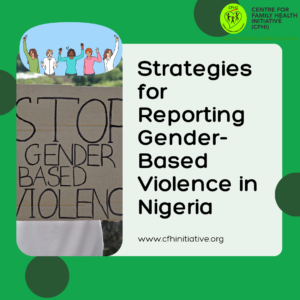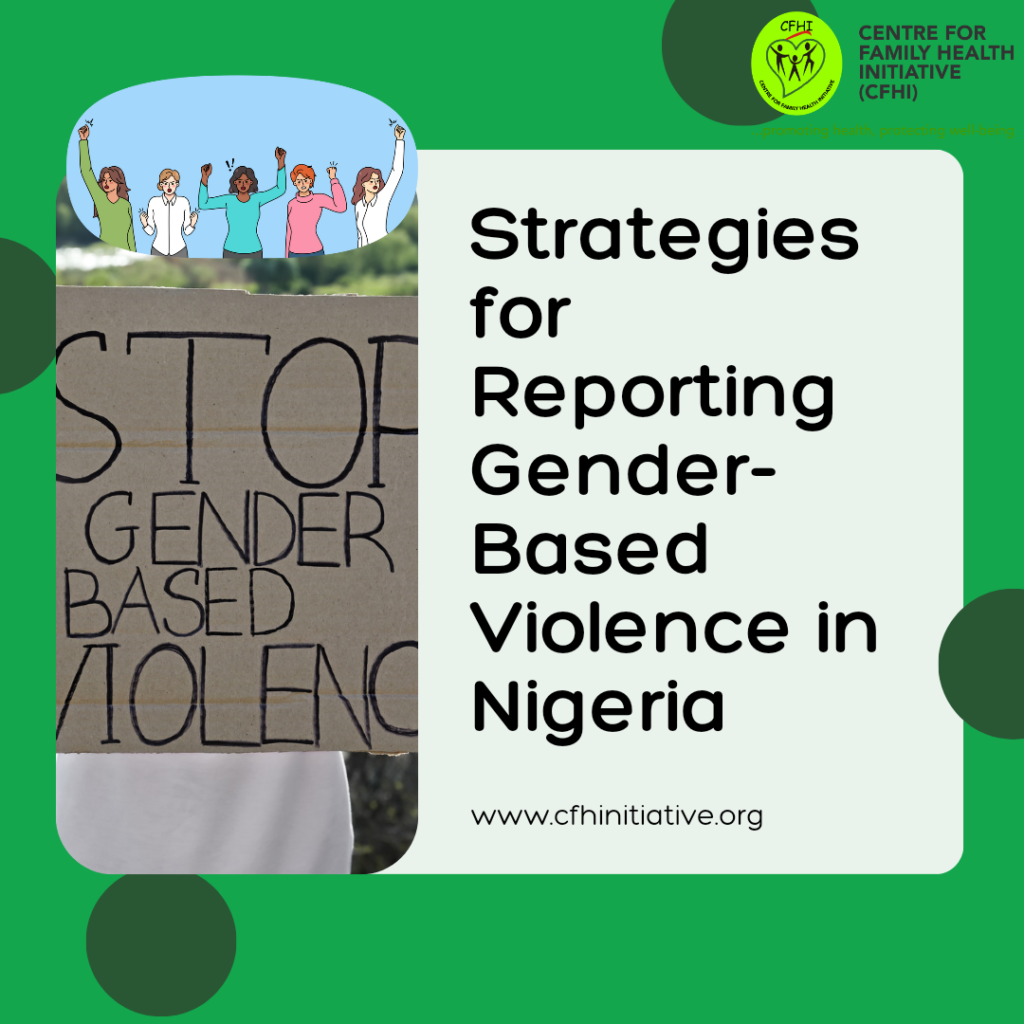Gender-based violence is a grave violation of human rights that affects predominantly women and girls. Reporting GBV is crucial in obtaining justice, support, and protection. However, many victims are often unsure about how to report their experiences or which authorities to approach. This lack of knowledge can hinder access to necessary resources and justice. Understanding the various strategies and resources available for reporting GBV in Nigeria is essential for empowering survivors and ensuring they receive the support they need.
Key Reporting Channels and Resources
Legal Assistance
- Violence Against Persons (Prohibition) Act (VAPP): This law provides a legal framework for addressing various forms of GBV. Survivors should seek legal assistance to understand their rights under the VAPP Act.
- NAPTIP (National Agency for the Prohibition of Trafficking in Persons): NAPTIP provides legal and rehabilitative support for survivors of human trafficking and GBV. They have a dedicated helpline (0703 0000 203) for reporting incidents.
Authorities in Charge
- Nigerian Police Force: Survivors can report GBV incidents to the nearest police station. The police are obligated to investigate and provide protection to survivors. Specialized units, such as the Gender Desk in police stations, are trained to handle GBV cases sensitively.
- Ministry of Women Affairs: This ministry is crucial in coordinating responses to GBV and supporting survivors. It collaborates with various national and international partners to improve reporting mechanisms and survivor support services.
Helplines and Emergency Services
- National GBV Helpline: The Federal Ministry of Women Affairs, supported by the EU-UN Spotlight Initiative, has established the ReportGBV.ng platform. This includes a 24/7 helpline (0800 3333 3333) where survivors can report incidents and receive immediate support (ReportGBV) (Spotlight Initiative).
- Emergency Services: In urgent situations, survivors should contact local police or emergency medical services. It’s crucial to have emergency contacts readily available.
Supportive Organizations
- Non-Governmental Organizations (NGOs): Numerous NGOs offer legal aid and advocacy for women and girls facing violence. They also conduct awareness programs to educate the public about GBV and its impact. (ReportGBV) Survivors can approach these organizations for help navigating the legal system, understanding their rights, counselling, and legal assistance.
Reporting GBV is essential for accessing justice and support. Survivors in Nigeria have various channels and resources available, from helplines and legal assistance to supportive organizations and online platforms. By leveraging these resources and addressing the barriers to reporting, we can create a safer environment for all and work towards eradicating GBV.
Speak Wednesday is an initiative of CFHI to address issues around gender-based violence and gender bias.


